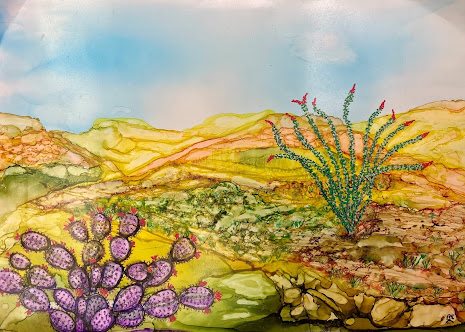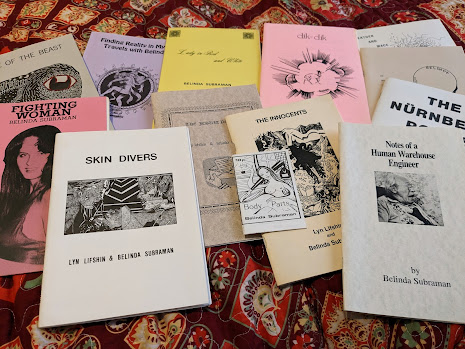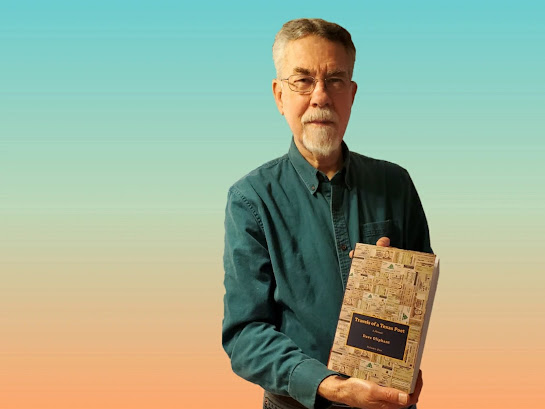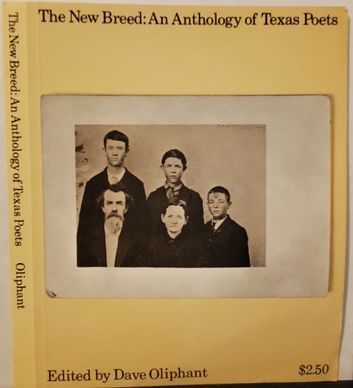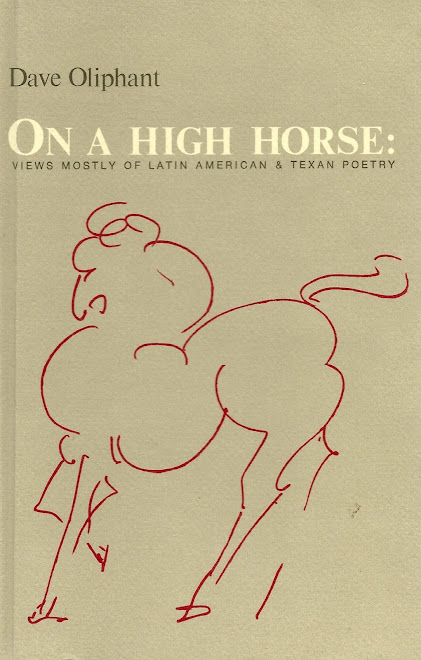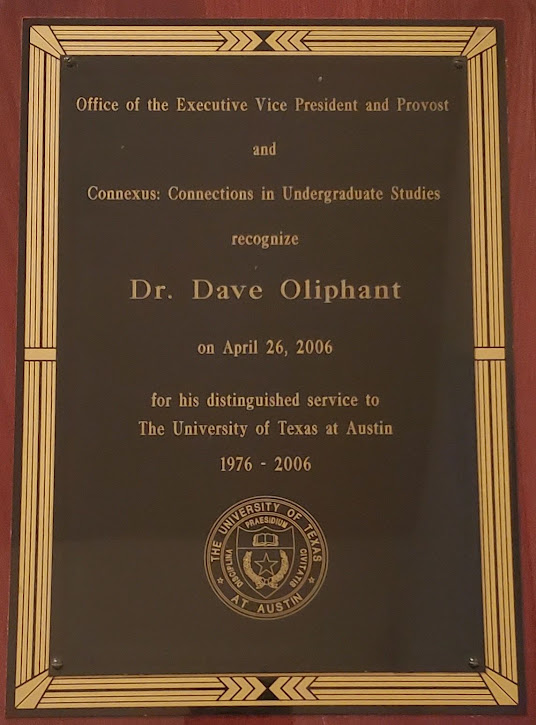Clint Frakes’s Myths, Beasts & the Ways of Water is a capacious, humane collection that moves easily between intimate lyric confession, mythic imagination, and wry, often mordant social observation. Organized in five sections—Mystery not Always Unkind; Dancing Among the Makers; Unreal Cities; Love’s Lost Horses; The Ways of Water—the book charts a life of attention: to landscape (desert mesas, Hawaiian shorelines, the Rogue and Colorado rivers), to beloved teachers and peers (Ginsberg, Snyder, Collom), and to the small, stubborn incidents that accrete into moral memory.
Frakes’s voice is muscular and eclectic. He can pare a line to imagistic precision (“The Chinese business lady…holds up her golden retriever’s tail / as it shits straight into a Macy’s bag”) and also luxuriate in long, incantatory sequences—the book’s myth-poems and ritual narratives—which read like sustained meditations on belonging and loss. The “Desire” series and longer elegies (notably “Father Fisheye”) show his gift for mixture: humor and grief, vernacular energy and learned allusion. There is a recurring ethical core—attention to indigenous presence, ecological grief, and the residue of American violences—that prevents the collection from mere aesthetic play.
Formally, Frakes is resourceful. He uses short imagistic lyrics, prose-adjacent narratives, litany, and occasional collage; his diction ranges from colloquial bluntness to mythic lyricism. His influences—Beat candor, eco-poetics, Native and Romantics threads—are audible but never derivative: he retools them into poems that feel lived-in rather than performative. At their best, poems like “Chelonia mydas,” “Rogue River Redemption,” and “What the River Dreams” combine natural history, careful observation, and spiritual longing into lines that linger.
What the River Dreams
We carry a tune & often desert it on high
plains amid fencing light & shadow.
It won’t matter for long what I felt or where—
like how water can only fall into itself
each rain, bluer for the turn.
Maybe you finally had enough—
yet the road to which you’ve sewn yourself
touches what you never could have loved alone.
The breath of our lives persists
beyond all foreseen destinations.
The old ones say the water never began
& cannot end, that it garners the memory
of every thread & station it’s met—
from the bellies of stars to the viscera of willow.
From my chosen hill, it’s hard to imagine
its stiller parts beneath the ripple.
What this river dreams is what I long to say.
Overall, Myths, Beasts & the Ways of Water is a generous, restless book: attentive, politically minded, rooted in place and relationship, and rewarding for readers who value stewardship, elegy, and a poet willing to mix the sacramental with the profane.
Recommended for readers of contemporary American lyric who appreciate ecological awareness, cross-cultural commentary, and a poet comfortable with both tenderness and provocation.
Where Lies the Passage of Light
after Ammons
“The light became her grace and dwelt among
Blind eyes and shadows that are formed as men;
Lo, how the light doth melt us into song…”
—Ezra Pound, “Ballatetta”
I have considered how light spills without intent,
exposing all surface it surveys
& how the mule deer’s dark morning legs
defy nothing as she nibbles bitter shoots.
Undisguised at my backdoor, light asks nothing
& marks the foreheads of the hills
while I slaughter hourly beasts by its rhythm to weave
another day’s geography of purpose.
I watched the cottonwood leaves rot in the blond grass
under fat beads of October dew.
Only weeks ago I bathed in the spinning silver
they gathered from their tree—
drinking the magnetic river that now pulls them low.
A spider darts along the twinkling curtain rod
that staves the rays that bare all shape
& slant eddies of meaning.
Breath deepens toward the need for meat & grain.
I am certain what should be cleaned & what gathered:
children to be taught their great ascent.
Nothing escapes the trail of Earth’s cascade
as I turn toward & away from comforts & pains—
my ears ringing in their own hollows.
Dawn’s horses shake their manes
against the spectrum of wide tomorrows.
The heart is a basket of such flutters,
passed from night to this
& stars will fade into light’s excess.
Clint Frakes is a poet, writer, teacher, editor, ceremonialist and naturalist living in Sedona, AZ since 1992. His poetry, prose and narrative non-fiction has appeared in over 100 journals, magazines and anthologies in the US, Canada, UK, Australia and Argentina since 1987. He was named one of the 50 Best New Poets of 2008 by former American Poet Laureate, Mark Strand, and also received the Josephine Darner Distinguished Poet Prize (2008). Other awards include the James Vaughan Poetry Prize (2006), The Pudding House Chapbook Prize (2008) and the Peggy Ferris Memorial Prize for Poetry (2006).
He is a graduate of the Jack Kerouac School of Disembodied Poetics of the Naropa Institute (1989), Northern Arizona University creative writing program (1994) and received his Ph.D. with emphasis in creative writing from the University of Hawaii (2006). He is the former Chief Editor of The Hawaii Review and Big Rain. He has taught in Writing and English programs across the country. Clint specializes in nature writing and spiritual memoir.




